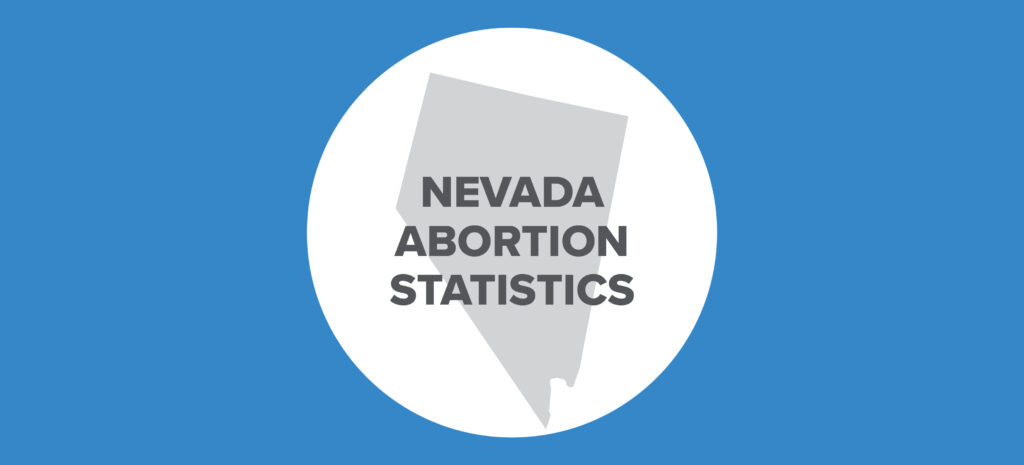Abstract
Background
Women who feel pressured to agree to abortion are more likely to experience negative emotional and mental health reactions. But relatively little research has been conducted to explore the types and degree of pressures women face and their associated effects. Our study aims to investigate five types of pressure women may face and a sample of effects that may be associated with unwanted abortions.
Methods
A retrospective survey was distributed through a marketing research firm and completed by 1000 females aged 41 to 45, inclusive, living in the United States. The survey instrument included demographic questions and analog scales for respondents to rate the pressure to abort arising from male partners, family members, other persons, financial concerns, and other circumstances and 10 variables related to both positive and negative outcomes.
Results
Among 226 respondents who reported a history of abortion, perceived pressure to abort was significantly associated with more negative emotions; more disruption of daily life, work, or relationships; more frequent thoughts, dreams, or flashbacks to the abortion; more frequent feelings of loss, grief or sadness about the abortion; more moral and maternal conflict over the abortion decision; a decline in overall mental health that they attribute to their abortions; more desire or need for help to cope with negative feelings about the abortion. Overall, 61% reported high levels of pressure on at least one scale. Women with a history of abortion were four times more likely to quit the survey than women who did not have abortions, and those with a history of feeling pressured to abort also reported higher levels of stress related to completing the survey.
Discussion
Perceived pressures to choose abortion should be assessed before an abortion to better guide risk assessments, decision-making, and analyses of post-abortion adjustments in light of these risk factors. A history of abortion, especially when there was pressure to abort, is associated with more stress completing questionnaires touching on abortion experiences and with a higher dropout rate, a finding that is consistent with the view that abortion surveys are likely to underrepresent the experiences of the women who experience the most stress and negative reactions to their abortions. Abortion providers should screen for perceived pressures to abort and be prepared to offer counseling and services that will help women to avoid unwanted abortions.
































